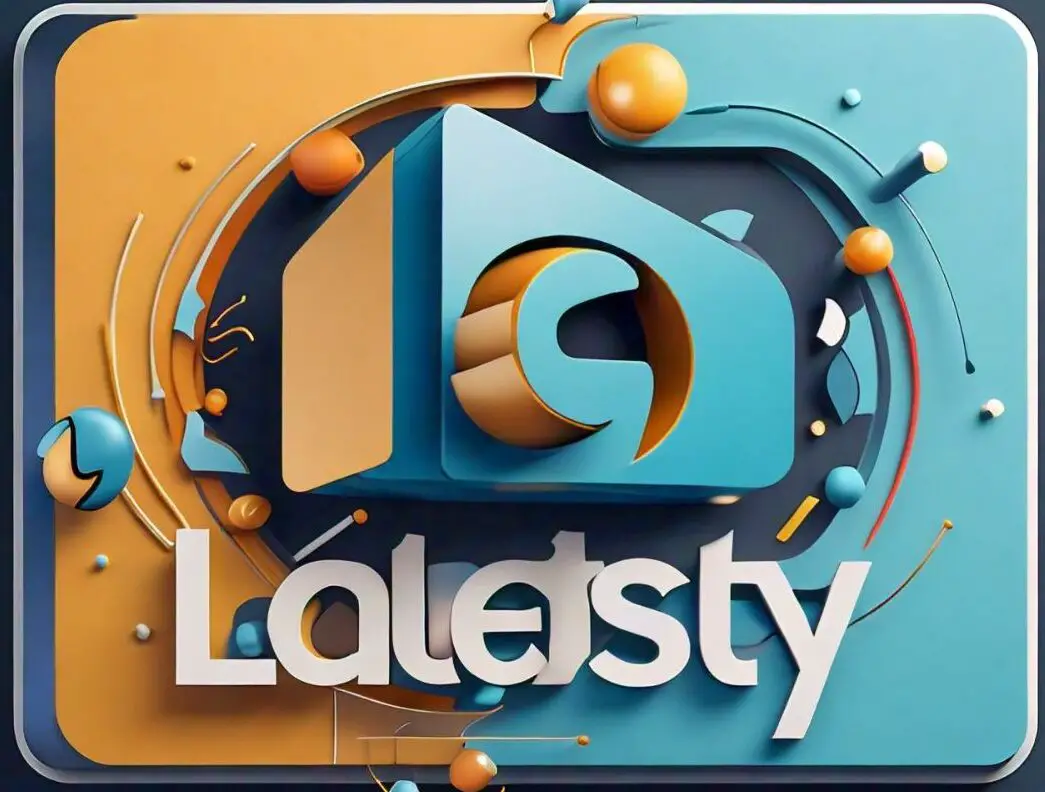Australia is looking to ban youth under 16 from social media and this week, the United Kingdom said a similar ban could be “on the table” there, but can that kind of approach work?
Under the proposed Australian legislation, youth would be unable to access X, Facebook, Instagram, Snapchat and TikTok, with the government planning to trial age-verification systems.
The companies would get a year after passage to determine how they would prevent youth from accessing their platforms before they could face fines of up to AUD$50 million — $45.4 million — for systemic failures to prevent youth from holding accounts.
“This is a landmark reform. We know some kids will find workarounds, but we’re sending a message to social media companies to clean up their act,” Prime Minister Anthony Albanese said in a statement.
With its age-verification systems, the government said it may include biometrics or government identification to enforce a social media age cut-off, though companies could face hefty fines for misuse of personal information and any data collected for age assurances must be destroyed.
James Turk, the director for the Centre for Free Expression at Toronto Metropolitan University, told Global News regulations are important to prevent potential harms that a child or an adult can come into contact with on social media.

“There should be strong regulations on the platforms to try to do everything possible to prevent that kind of information from our material from being disseminated,” he said.
But a “blanket ban” like Australia’s may not be the best course, he added, comparing the situation to libraries and book bans.
“Some of those books particular kids’ parents might hate, others might love, and they’ll say (the) library can’t have those in there because I don’t want my kids to see that,” Turk said.

Get breaking National news
For news impacting Canada and around the world, sign up for breaking news alerts delivered directly to you when they happen.
“We really don’t want digital platforms to be the bodies that decide what kids can see beyond which is legal, that is parents’ responsibility.”
Jason Hannan, a professor of communications at the University of Winnipeg, argues children are tech-savvy and will likely find ways around regulations.
“I think that because social media is such a Wild West, the idea that some form of paternalistic control will make the slightest bit of difference is extremely misguided,” Hannan said.
“I think this government energy and attention, it would be better suited towards public education and investing in public schools, investing in media literacy, especially digital media literacy courses from a very, very young age.”
The U.K.’s technology secretary, Peter Kyle, told the BBC on Wednesday that he would “do what it takes” to keep kids safe online and pledged more research into studying the effects social media has on youth.
The Australian government also announced last week a duty of care framework for platforms to prevent online harm, including bullying, predatory behaviour and algorithms pushing destructive content.

Asked whether Canada would look into a full social media ban like Australia’s, a spokesperson for Justice Minister Arif Virani said in an email that the Online Harms Act introduced this year proposes protections for kids online, including mandating the reporting of child sexual abuse material, preservation of evidence and forces platforms to remove certain kinds of harmful content.
“Parents and kids shouldn’t need to shoulder this burden alone; governments must make sure platforms are required to keep our kids safe,” spokesperson Chantalle Aubertin wrote.
The bill does not propose a ban.
The opposition Conservatives have criticized the Online Harms Act, and suggested its own private members’ Bill C-412 would protect the “most vulnerable Canadians” online.
“This legislation will modernize criminal harassment laws, tailor mechanisms to protect minors online, and address the non-consensual distribution of intimate images,” MP Larry Brock, shadow minister for Justice and Attorney General of Canada, said in an email.
Why are kids on social media?
In putting forward the bill, Australian Communications Minister Michelle Rowland said the law would force social media platforms, and not parents or young people, to take reasonable steps to ensure age-verification protections are in place.
Hannan agrees that the responsibility shouldn’t be only on parents to monitor their children’s social media use 24/7, but it also begs a question of why youth are turning to social media.
“We need to ask more general questions about the societies that we’ve created where students need, young people need spaces of trust, they need community,” he said.

Turk added marginalized communities like LGBTQ2 youth also often take to social media to find support because they worry about their family finding out, but want a community of others to talk with.
Not all social platforms will be banned, however. Children will still have access to messaging platforms, online gaming, health and education-related services and Alphabet’s Google Classroom and YouTube.
The bill is expected to go to a vote as early as next week, though it’s not yet known how long it could be before it receives full passage and Royal Assent.
— with files from The Associated Press and Reuters
© 2024 Global News, a division of Corus Entertainment Inc.



Leave a Comment